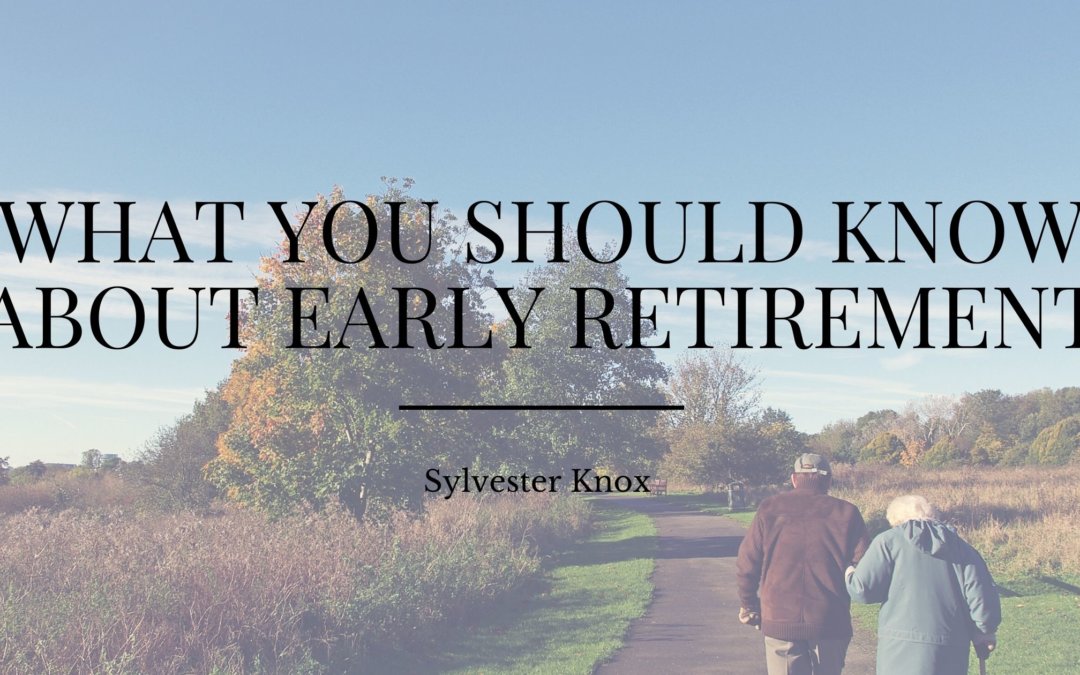Retirement is something that all workers aim for eventually. After all, no one wants to work forever. While some people may think of early retirement as part of their future, the reality is that early retirement is only planned by 11-percent of workers; out of those workers, many are surprised by the reality of early retirement compared to their fantasy. If you want to retire early, here are some things you should keep in mind.
Healthcare
Once you leave your job, you’ll more than likely lose your healthcare coverage. This might not be a problem if you retire on time, but if you’re counting on Medicare to cover your health, you’re in for a rude awakening. Medicare coverage doesn’t start until you turn 65, and until you turn that age you’ll need to find alternative health insurance. Private health insurance isn’t cheap—while insurance can’t be more than 8.3-percent of your household income, that can still equate to thousands of dollars a year. If you can’t afford that with your retirement savings, you’re out of luck.
Penalties
Depending on where you save your retirement money, you may end up paying an early withdrawal penalty. Most tax-deferred accounts, such as IRAs and 401(k) plans, charge you a 10-percent penalty if you withdraw your savings before you turn 59½ years old. Unless you have a Roth IRA, you’ll also owe income taxes on the amount you withdraw from traditional accounts—if you withdraw $20,000 from your IRA early and are in the 15-percent federal tax bracket, you’ll have to pay $5,000 worth in taxes and penalties on your withdrawal.
Life
Retiring early may seem great in practice, but chances are you’ll have a long life ahead of you. Have you saved enough to last you the remainder of your life? With improved healthcare, people live longer than the national average; this means you may have to make your retirement savings last for twenty, maybe thirty years.
Spending
A general rule of thumb is that you’ll spend roughly 80-percent as much in retirement as you do while you’re working. You won’t be putting that money toward your retirement account or commute, after all. However, in your early retirement years, you may continue to spend like you did while you were working, if not more than before. Once you hit retirement, you’ll be spending your money much quicker than you think.

